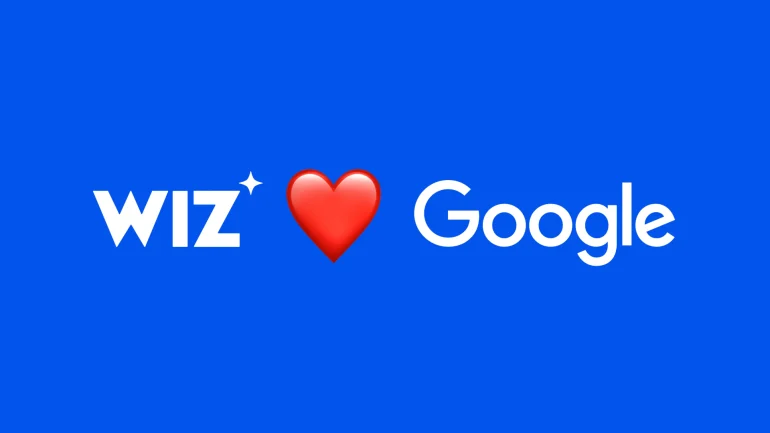Google is making its most aggressive cybersecurity move yet, acquiring cloud security firm Wiz for $23 billion in a deal that underscores the growing importance of securing digital infrastructure. The acquisition — the largest in Google’s history — positions the company as a formidable force in an increasingly competitive sector dominated by Amazon Web Services and Microsoft Azure.
Founded in 2020, Wiz has quickly become one of the most influential players in cloud security, offering businesses a streamlined approach to identifying vulnerabilities and managing risk across multi-cloud environments. Its rapid ascent has been remarkable: within four years, the company reached a valuation of $10 billion and became the preferred security solution for enterprises shifting to cloud-native infrastructure.
With this acquisition, Google Cloud strengthens its security offerings, particularly as companies demand more robust defences against cyber threats. The deal is expected to integrate Wiz’s technology into Google’s broader cloud security portfolio, enhancing services like Security Command Center and Chronicle, while also maintaining Wiz’s independent operations across AWS and Azure. This move signals that Google is not only expanding its footprint in cloud security but also taking a more aggressive approach in competing with its biggest rivals.

The high-stakes cybersecurity race
The timing of the deal reflects the heightened urgency around cybersecurity investments. As enterprises accelerate their digital transformation, cloud security has become a critical factor in IT spending. Ransomware attacks, supply chain vulnerabilities, and increasingly sophisticated threats have forced businesses to prioritise cybersecurity like never before.
Google’s decision to acquire Wiz also highlights a strategic shift: instead of building security capabilities internally, the company is making bold external bets to fast-track its dominance. While Google has historically been a strong player in cybersecurity — bolstering its cloud security lineup with acquisitions like Mandiant in 2022 — the Wiz deal shows an increased willingness to pay a premium for best-in-class technology.
Competitive and regulatory scrutiny
The acquisition comes amid heightened regulatory scrutiny of Big Tech. Given the scale of the deal, it is likely to face antitrust reviews in both the United States and Europe. The Federal Trade Commission and the European Commission have ramped up their oversight of large-scale mergers, particularly those involving dominant players consolidating power in key sectors.
One potential challenge for Google is demonstrating that the Wiz acquisition enhances competition rather than stifling it. Microsoft’s recent $69 billion purchase of Activision Blizzard faced similar regulatory hurdles, highlighting the scrutiny that major tech deals now attract. In Google’s case, regulators may question whether integrating Wiz gives it an unfair advantage in cloud security, especially as it competes with AWS and Microsoft.
The broader cloud security landscape
The Wiz acquisition marks another chapter in the rapid consolidation of the cybersecurity industry. Other major players, including Palo Alto Networks, CrowdStrike, and SentinelOne, are also making aggressive moves to expand their capabilities and market share. Meanwhile, venture capital funding in cybersecurity remains strong, with investors backing startups that specialise in AI-driven threat detection and automated security response.
For businesses, the implications of this acquisition are significant. Google Cloud customers will likely benefit from enhanced security tools, but there are also concerns about potential vendor lock-in and how Wiz’s integrations with AWS and Azure will evolve under Google’s ownership.


